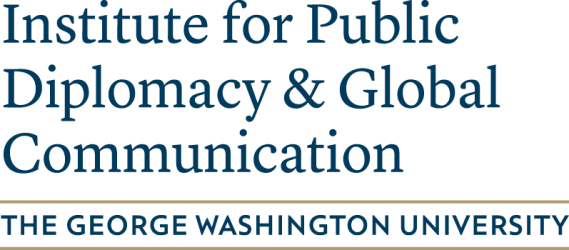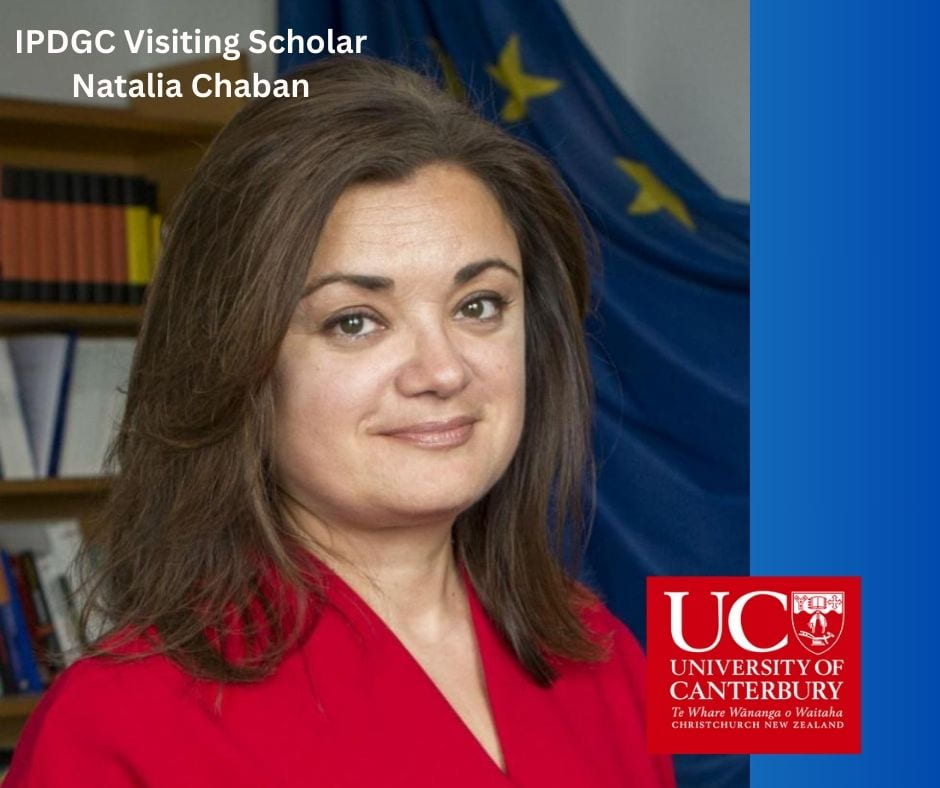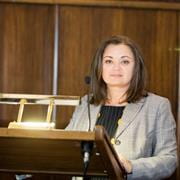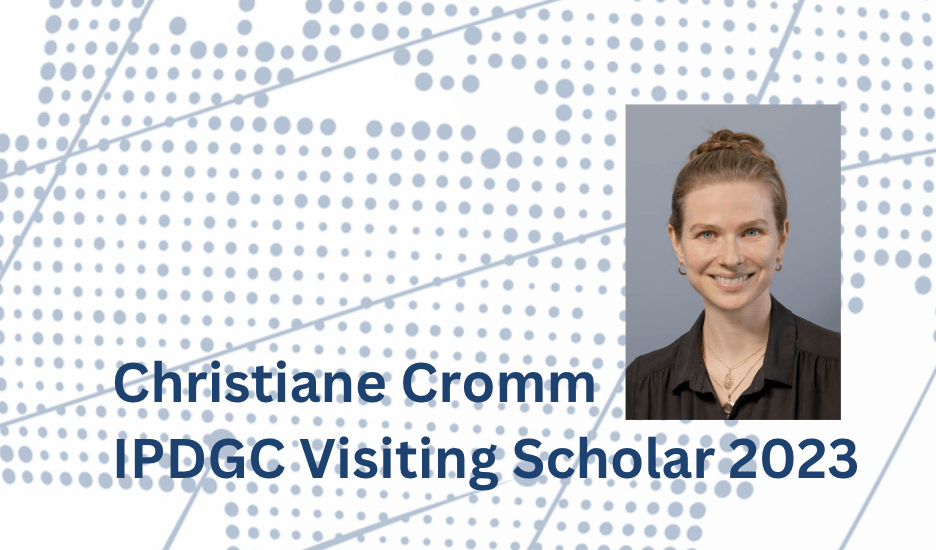By Yvonne Oh, IPDGC Program Coordinator
In his latest book, Joe F. Khalil explores the interplay of digital technology and socio-political shifts, providing valuable perspectives on the evolving landscape of the Middle East. His presentation of “The Digital Bind: Change and Stasis in the Middle East,” co-authored with Mohamed Zayan.
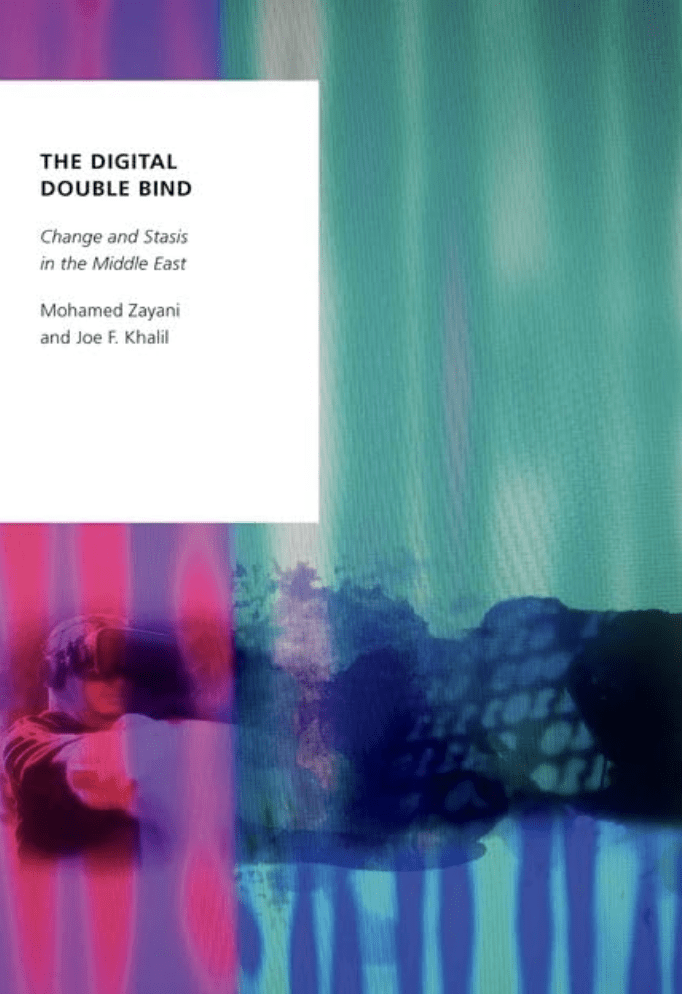
Khalil explores how the Middle East’s digital turn intersects with complex political, economic, and socio-cultural dynamics. Drawing on local research and rich case studies, they show how the same forces that brought promises of change through digital transformation have also engendered tensions and contradictions. With this book, Khalil and his co-author contend that the ensuing disjunctures have ensnared the region in a double bind, which represents the salient feature of an unfolding digital turn. The same conditions that drive the state, market, and public immersion in the digital also inhibit the region’s drive to change.
Publishing house Oxford Press describes The Digital Double Bind as a book that reconsiders the question of technology and change, moving beyond binary formulations and familiar trajectories of the network society. It offers a path-breaking analysis of change and stasis in the Middle East and provides a roadmap for a critical engagement with digitality in the Global South.
